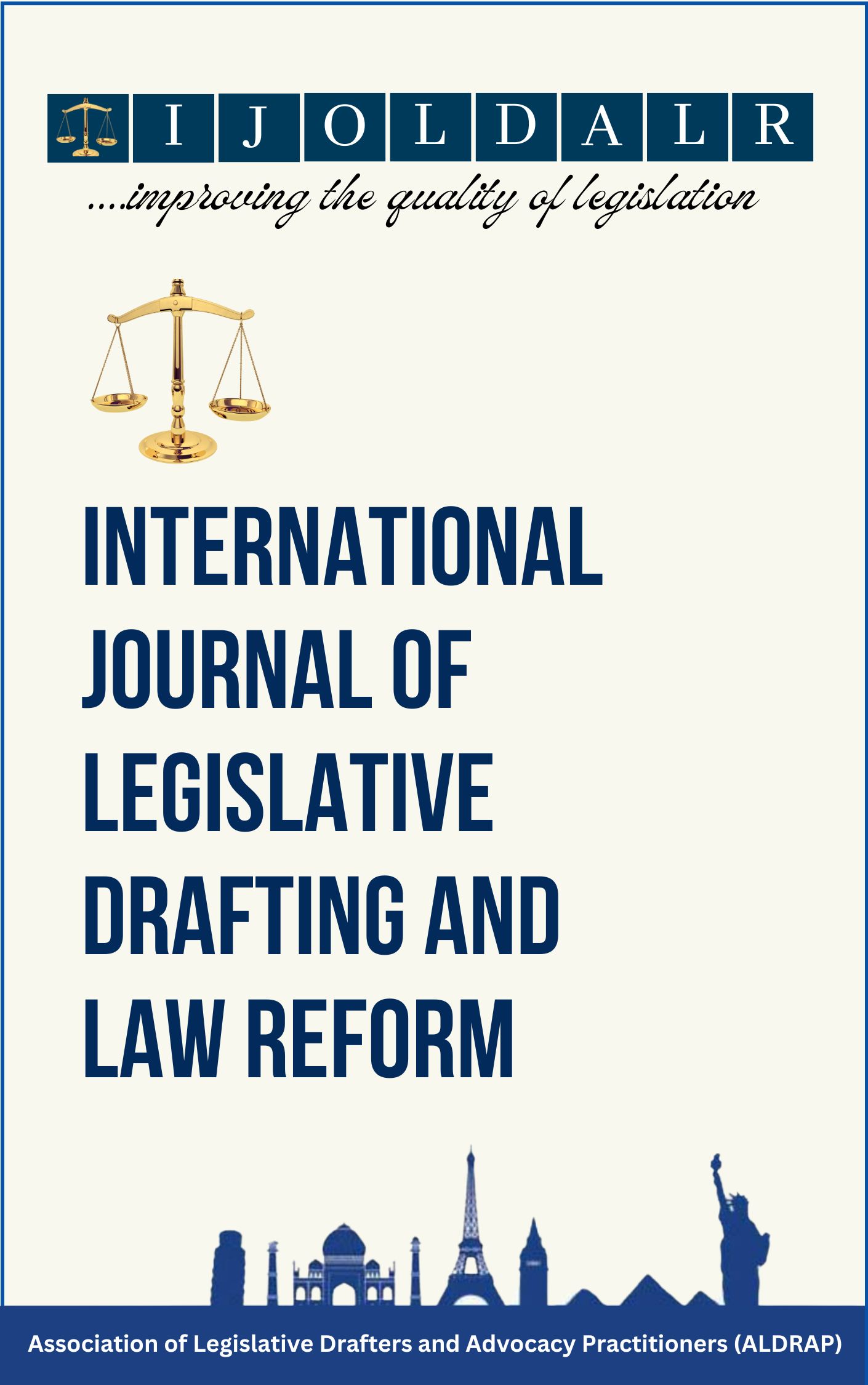Abstract
Since Pakistan is a party to the Geneva Conventions of 1949, so that it is under legal obligation for the domestic implementation of International Humanitarian Law (IHL) not only during an International armed conflict (IAC) but also in non-international armed conflict (NIAC). The article articulates that there are several continuous national security threats in Pakistan. The country is coping with NIACs in different areas which require a legal framework and effective enforcement mechanisms for the domestic application of IHL to protect fundamental rights and to strengthen the administration of justice. The Article examines the lack of IHL awareness and legal framework in Pakistan to mitigate the effects of armed conflicts. To prove the hypothesis doctrinal legal research methodology is applied by utilizing primary and secondary legal sources. It considers IHL, domestic legislation, scholarly work, legal provisions implemented in modern democracies, and internationally recognized principles to explore by explaining, comparing, analyzing, and illustrating in an organized form of the facts starting challenges for IHL in Pakistan. The targeted data is to be collected through legal enactments, books, manuals, articles of scholars, as well as certified reports of national and international institutions. Finally, the study concludes that it is a need of the hour to promote domestic compliance of IHL by implementing express legal provisions by keeping in view the Geneva Conventions and customary rules of IHL to alleviate violations of fundamental rights and to strengthen the administration of justice in Pakistan.



 National Library of Nigeria
National Library of Nigeria.jpg) Association of Nigerian Authors
Association of Nigerian Authors Nigerian Library Association
Nigerian Library Association EagleScan
EagleScan Crossref
Crossref